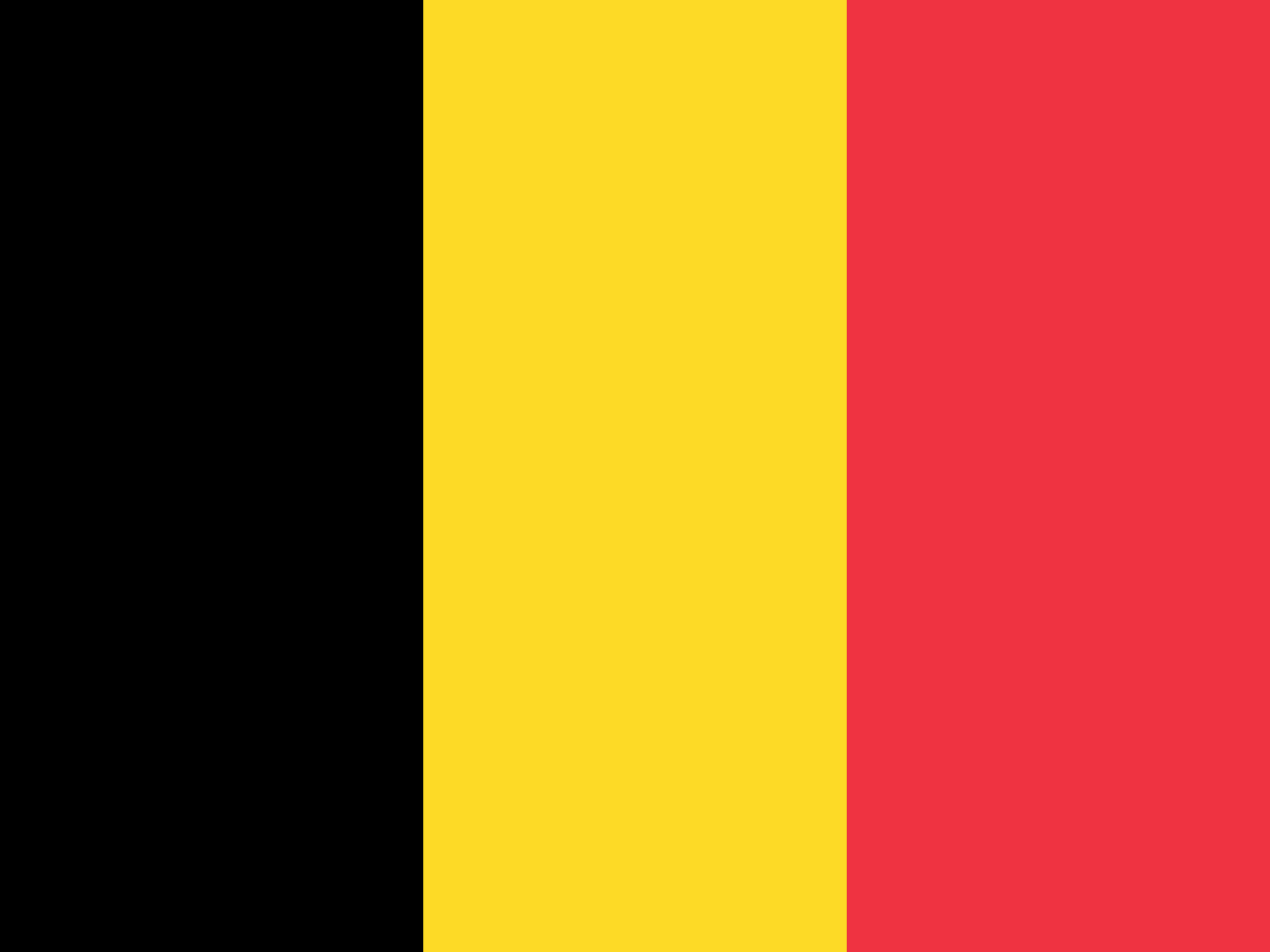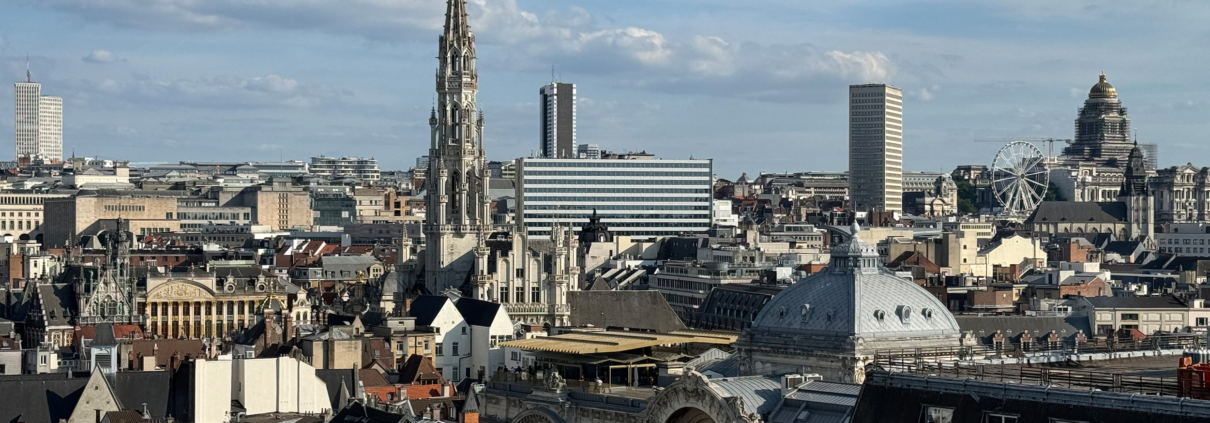What Languages are spoken in Belgium?

This topic often causes confusion. It can generally be very simplified: Belgium lies between the Netherlands in the north and France in the south. The language border between Dutch and French runs horizontally through the center of Belgium. The capital Brussels, in the center of the country, is bilingual.
Capital (Brussels): Belgian French and Belgian Dutch
As the Belgian capital, centrally located in Belgium, Brussels (1.2 million inhabitants) is officially bilingual. Around 80% use Belgian French in everyday life, 20% Belgian Dutch.
North Belgium (Flanders): Belgian Dutch
Flanders (6.8 million inhabitants), the northern region of Belgium, predominantly speaks Dutch. However, the variety spoken there, Belgian Dutch, differs from Standard Dutch in pronunciation, vocabulary, and some grammatical aspects.
One key difference is pronunciation – Belgian Dutch is softer and more melodic than the Dutch spoken in the Netherlands. In addition, many words differ. French and local dialects have influenced Belgian Dutch vocabulary and expressions. Grammar remains largely the same, but some sentence structures and informal speech patterns differ.
Despite these variations, Belgian and Dutch speakers understand each other well.
Belgian Dutch is often misleadingly called Flemish (Vlaams). In the narrower linguistic sense, however, “Flemish” only refers to the two dialects of West Flemish and East Flemish.
South Belgium (Wallonia): Belgian French
In Wallonia (3.7 million inhabitants), the southern region of Belgium, French is the dominant language. While largely similar to Standard French, Belgian French has unique vocabulary, pronunciation, and historical influences.
Pronunciation differences are minor but noticeable. Belgian French is clearer and slower, sometimes with a slight melodic intonation. A key distinction is in vocabulary. Some words in Belgian French come from Walloon, a historic Romance language spoken in the region, as well as from Dutch influences.
Despite variations, mutual comprehension between Belgian and French speakers is seamless.
East Belgium: German
East Belgium (80,000 inhabitants), known as the German-speaking Community of Belgium, consists of a small but distinct population of German speakers.
The German spoken in East Belgium is very close to Standard German but has some regional dialectal influences. The local dialects, collectively called Ripuarian and Moselle Franconian, are linguistically distinct from Standard German and share features with dialects spoken in western Germany.

 © VisitBelgium.net
© VisitBelgium.net
 © VisitBelgium.net
© VisitBelgium.net © VisitBelgium.net
© VisitBelgium.net
Leave a Reply
Want to join the discussion?Feel free to contribute!